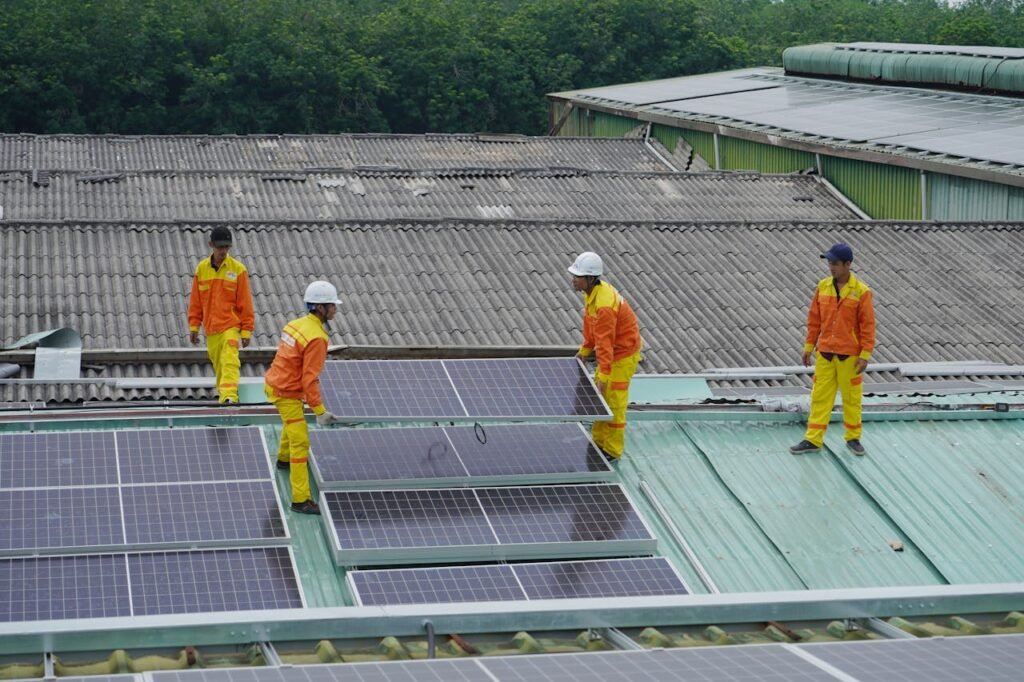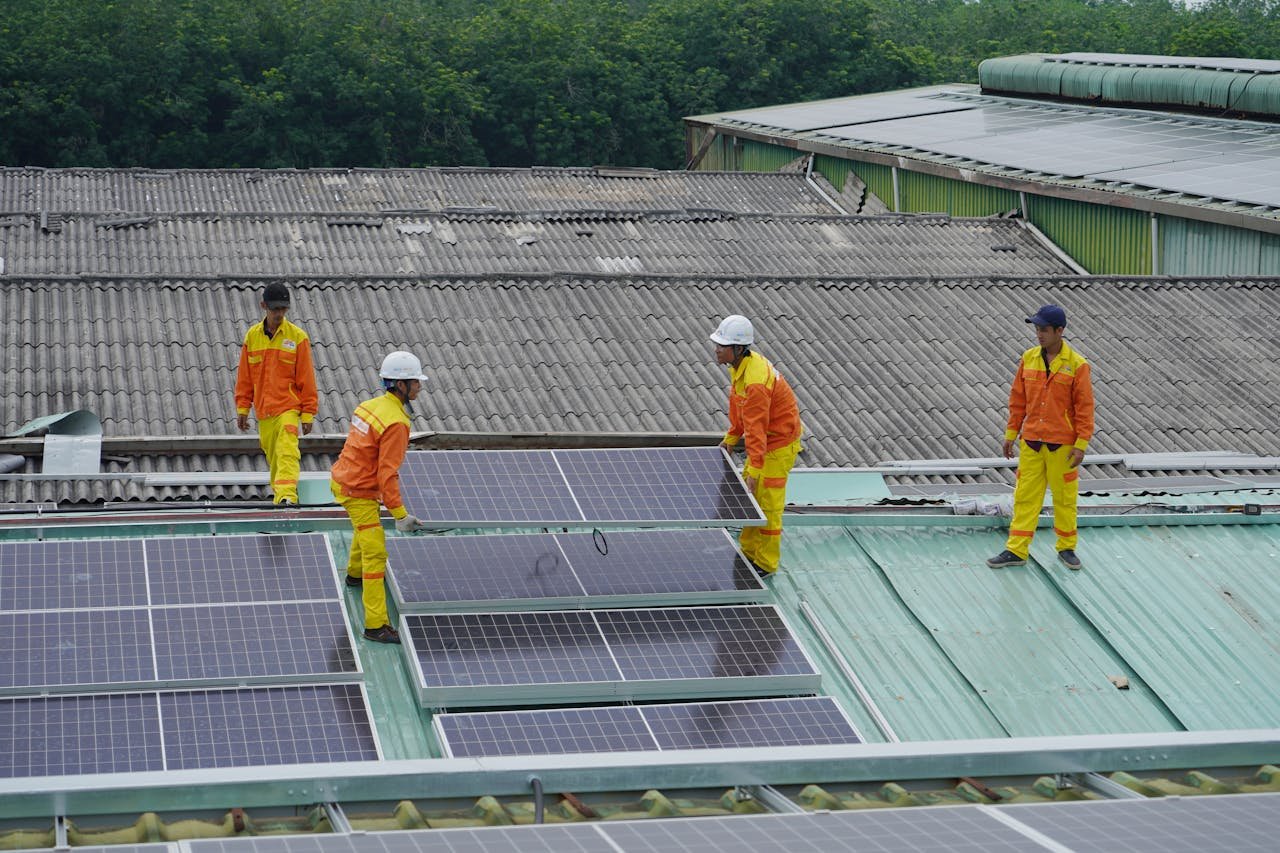Choose the Right Solar Panel System
Choosing the right solar panel system for your home can seem like a daunting task, especially with the myriad of options available in today’s market. However, understanding the key factors to consider can simplify the process and ensure you make an informed decision that best suits your needs. Here’s a comprehensive guide to help you navigate through the selection process and choose the perfect solar panel system for your home.
1. Assess Your Energy Needs
Before diving into the world of solar panels, it’s crucial to evaluate your current energy usage. Review your past utility bills to determine your average energy consumption. This will help you estimate the size and capacity of the solar panel system you need. Most residential solar panel systems are sized to meet a significant portion of a home’s energy needs, but understanding your usage will guide you in selecting the right system size.
2. Consider Your Roof’s Condition and Orientation
The condition and orientation of your roof play a significant role in the effectiveness of a solar panel system. Ideally, your roof should be in good condition and have enough space for panel installation. South-facing roofs typically receive the most sunlight, but east and west-facing roofs can also be suitable depending on your location and the angle of the sun. Additionally, the pitch and shading of your roof should be assessed to ensure optimal solar exposure.
3. Evaluate Solar Panel Types
There are three main types of solar panels: monocrystalline, polycrystalline, and thin-film. Each type has its own advantages and considerations:
- Monocrystalline Panels: Known for their high efficiency and sleek appearance, these panels are made from a single crystal structure. They are often more expensive but provide greater energy output in limited space.
- Polycrystalline Panels: Made from multiple silicon crystals, these panels are slightly less efficient but more cost-effective. They have a blue hue and are a good option if you have more roof space.
- Thin-Film Panels: These panels are lightweight and flexible, making them suitable for various surfaces. They are less efficient compared to crystalline panels but can be a good choice for large areas with less space constraints.
4. Examine Panel Efficiency and Warranty
Panel efficiency refers to how well a solar panel converts sunlight into electricity. Higher efficiency panels are generally more effective but come at a higher cost. Look for panels with high efficiency ratings if you have limited roof space or want to maximize energy production.
Warranty is another crucial factor. A good solar panel system should come with a robust warranty covering both performance and product defects. Typical warranties range from 10 to 25 years, reflecting the panel’s longevity and reliability.
5. Compare Costs and Financing Options
The cost of solar panel systems can vary widely based on size, type, and installation. Obtain quotes from multiple solar installation companies to compare costs and ensure you’re getting a fair deal. Additionally, explore financing options such as solar loans, leases, and power purchase agreements (PPAs) to determine the best financial arrangement for your budget.
6. Choose a Reputable Solar Installation Company
Selecting a reliable solar installation company is essential for a successful and hassle-free installation process. Research companies in your area, read customer reviews, and check their certifications and experience. A reputable company will guide you through the selection process, handle the installation, and provide ongoing support.
7. Plan for Maintenance and Monitoring
While solar panels generally require minimal maintenance, it’s important to plan for regular checks and monitoring to ensure optimal performance. Many systems come with monitoring tools that allow you to track energy production and detect any issues early.
Conclusion
Choosing the right solar panel system involves evaluating your energy needs, considering roof conditions, selecting the appropriate panel type, and comparing costs and warranties. By following this comprehensive guide, you can make an informed decision that maximizes your investment in solar energy and ensures long-term benefits for your home. If you have any questions or need assistance with solar panel installation, contact a professional solar installer to get started on your journey to a greener, more energy-efficient home.
Choose the Right Solar Panel System
Learn how to choose the right solar panel system for your home with this comprehensive guide. Make the best decision for energy efficiency and savings!



